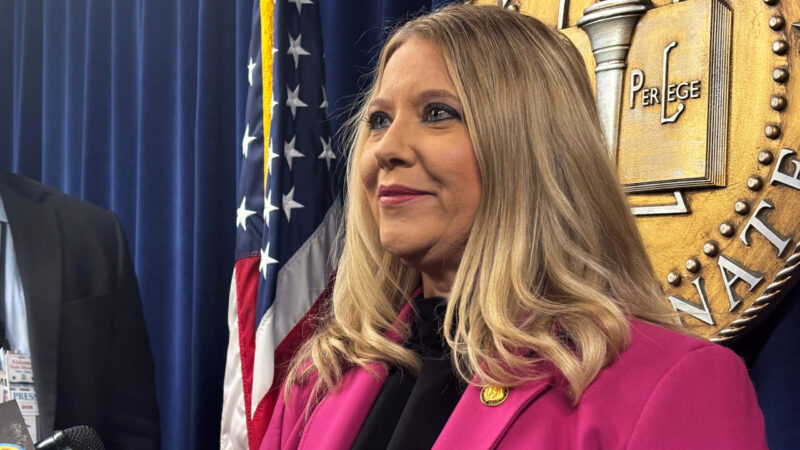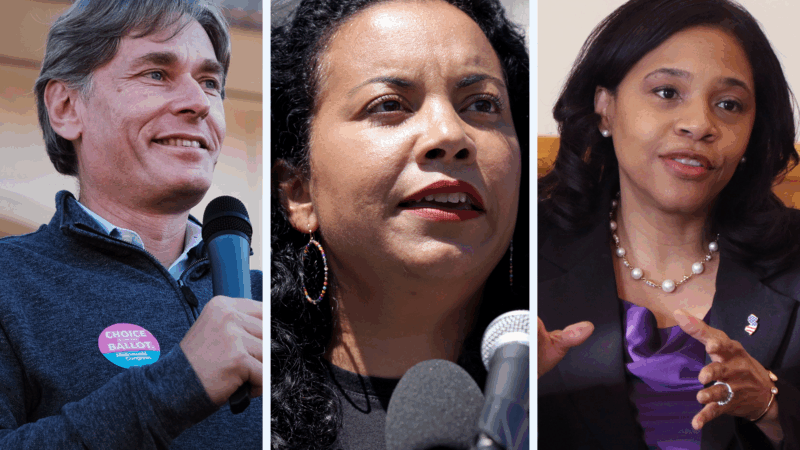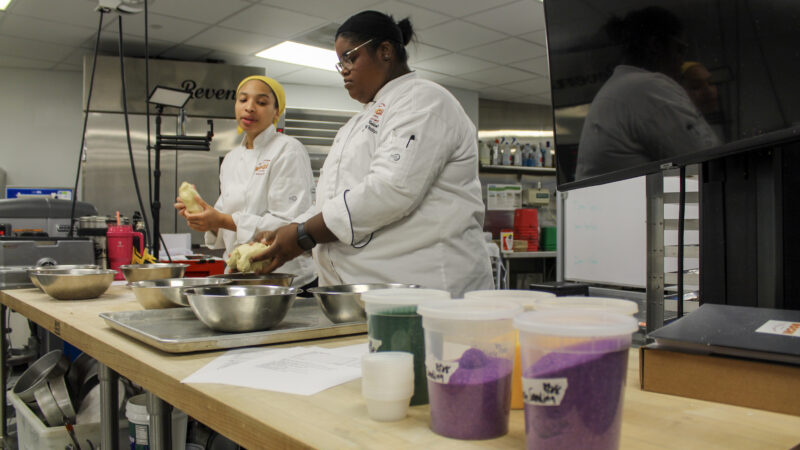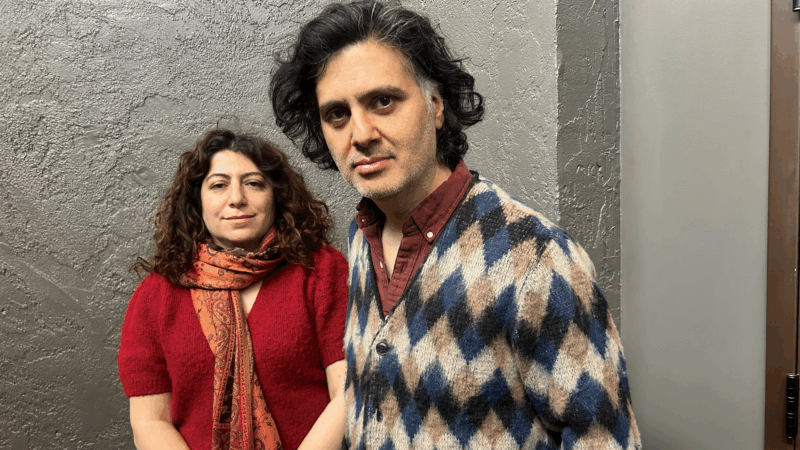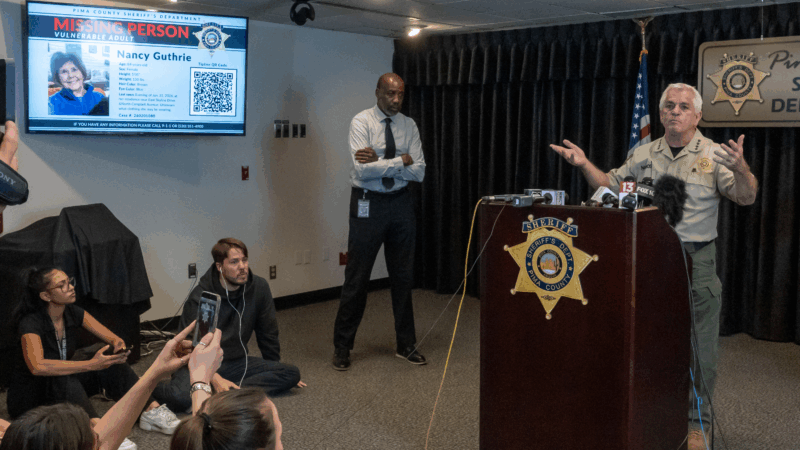What can we Learn from Other States’ Lotteries?
Alabama lawmakers will meet in a special session Monday to take up a lottery proposal from Governor Robert Bentley. The governor wants lawmakers to pass a constitutional amendment setting up a lottery. The revenue would go to the general fund which supports agencies such as Medicaid, prisons, and mental healthcare. If passed, the plan would have to be approved by voters to go into effect.
Alabama’s one of six states that doesn’t have a lottery. To gain perspective on what’s happened elsewhere WBHM’s Andrew Yeager spoke with Mary Borg. She’s a professor of political economy at the University of North Florida where she’s studied lotteries.
Lotteries as a Revenue Source:
“It’s very subject to ups and downs regarding the economy. So for example, when the economy goes into recession, you’re going to see lottery funds fall drastically. It’s one of the things you can obviously give up when you’re worried about your paycheck.”
“[politicians] don’t tell you how much lottery revenues are relative to the entire state’s budget or the entire state’s revenue. In Florida they were saying that the lottery revenues were going to go to education. Even though it looked liked a big sum of money to people like you and me, it was reported that it would fund the schools in Florida for two days.”
“The other thing that you need to know about lotteries is they’re an expensive way to raise money. Because, first of all, when you think about a one dollar ticket, 50 cents of it has to go to prize. And then another, usually…15 percent goes to administrative costs. So really, if you’re looking at a one dollar lottery ticket, the state’s only getting about 35 cents of it.”
Learning from Other States:
“It’s been shown time and time again that people who are most likely to buy lottery tickets are poor and less educated and minorities. In the state of Florida, when we turn around and give funds that are coming from the, basically “have-nots,” and then we give those funds to college scholarships who are mostly the “haves,” it makes the regressivity of the lottery even worse. So I would say, in reality, saying that you’re going to have lottery revenue go into the general fund is actually less regressive than if you tie it to something like college scholarships.”
“The big jackpot games are much less regressive than the small scratch-off tickets or the little pick-three kinds of tickets that people do on a daily basis. The big jackpot games will attract people with higher incomes. So the more you rely on big jackpot games, the less regressive it’s going to be.”
Lotteries Long Term:
“They start big and they dwindle very quickly in terms of revenue because people lose interest. And it’s probably, will be more so the case for Alabama because there are so many lotteries already around them.”
Alabama seek to bring back death penalty for child rape convictions
Alabama approved legislation Thursday to add rape and sexual torture of a child under 12 to the narrow list of crimes that could draw a death sentence.
What a crowded congressional primary in N.J. says about the state of Democrats
The contest is one of the first congressional primaries of the year where we will find out what issues are currently resonating with some Democratic voters. Here are some key things to know.
At NOCHI, students learn the art of making a Mardi Gras-worthy king cake
With Carnival in full swing, the New Orleans culinary school gave its students a crash course — and a rite of passage — in baking their first king cake.
The Winter Olympics in Italy were meant to be sustainable. Are they?
Italy's Winter Olympics promised sustainability. But in Cortina, environmentalists warn the Games could scar these mountains for decades.
Their film was shot in secret and smuggled out of Iran. It won an award at Sundance
Between war, protests and government crackdowns, the filmmakers raced to finish and smuggle their portrait of Tehran's underground arts scene to the prestigious film festival.
Day 5 of search for Nancy Guthrie: ‘We still believe Nancy is still out there’
The FBI is offering a reward of up to $50,000 for information leading to the recovery of Guthrie and/or the arrest and conviction of anyone involved in her disappearance.


